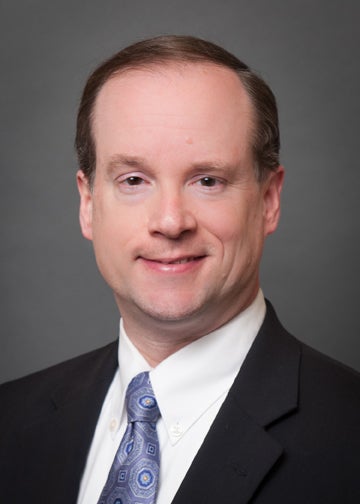JOHN HOOD COLUMN: Cities must clear out homeless encampments
RALEIGH — Which major urban area in America experienced the largest decline in homelessness last year?

John Hood
According to a recent analysis by the Brookings Institution, it was Wake County — North Carolina’s most-populous. It had a rate of 78 homeless residents per 100,000 population, down 40% from 2022.
If you live in or near the state’s capital city, however, this finding may surprise you. Over the past year, homeless encampments in parks, vacant lots and forested lands along highway interchanges in Wake County have generated major stories for local media and major headaches for local officials.
Just a few days ago, law enforcement cleared out two encampments south of Raleigh, one along the Beltline and the other near the boundary of Raleigh and Garner. In each case, the police acted only after repeated efforts to notify homeless individuals that they were camped unlawfully on public property and to connect them with services for substance abuse, mentally illness and other challenges.
While some in the camps accepted help, others refused such services. In my view, the police had no alternative but to intervene. People camped next to busy highways are a danger to themselves and others. There were also reports of criminal activity and complaints from nearby businesses.
The problem extends well beyond the Raleigh area. Charlotte, High Point, Asheboro, Wilmington, Salisbury and Asheville are among the many North Carolina localities where legal and policy battles over homeless encampments have made headlines in recent years.
And last week, the U.S. Supreme Court heard oral arguments about a local ordinance in Oregon that forbids unpermitted camping on public property and sleeping in many public spaces. The constitutional question in that case isn’t really whether local governments can police vagrancy on public property but whether the application of criminal penalties to homeless violators runs afoul of the 8th Amendment protection against cruel and unusual punishment.
During the proceeding, Justice Sonia Sotomayor seemed to view the plaintiffs’ argument with favor. “If a stargazer wants to take a blanket or a sleeping bag out at night to watch the stars and falls asleep, you don’t arrest them,” she said to the municipality’s attorney. “You don’t arrest babies who have blankets over them. You only arrest people who don’t have a home.”
Justice Samuel Alito, however, expressed skepticism about how local authorities could manage their parks and other public lands if the Oregon plaintiffs prevailed. “The individual police officer would go around and count the number of people who are getting ready to sleep outside for the night, and then ask each one of them whether you’ve tried to find a bed at a shelter, whether that person would be willing to go to a shelter, if a bed is available without any conditions, or whether the bed would have to be available on the conditions that the individual wants?”
Homelessness is a complex problem with multiple causes and imperfect solutions. While the availability and affordability of housing clearly affects its extent, many of those who are chronically homeless suffer from addictions or other mental illnesses. Victims of domestic violence are also disproportionately represented.
In short, while policymakers should make it easier to build and operate housing — including the multi-family units most likely to ameliorate the problem — that’s neither an adequate nor a timely response to the problem of encampments. It’s not adequate because many of the “hard cases” who insist on sleeping and camping outside are in need of medical intervention. And it’s not timely because the encampments are themselves a health and safety threat that simply cannot be tolerated on public property.
“We should worry less about the harms associated with citing someone for camping in a park,” writes Manhattan Institute senior fellow Stephen Eide, “and more about the kinds of victimization to which the street homeless are routinely subjected, such as assault, theft, and rape. Cruelty reigns in encampments, and to an unusual degree; a more civilized society would put up with them less.”
John Hood is a John Locke Foundation board member.

